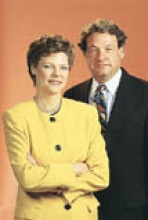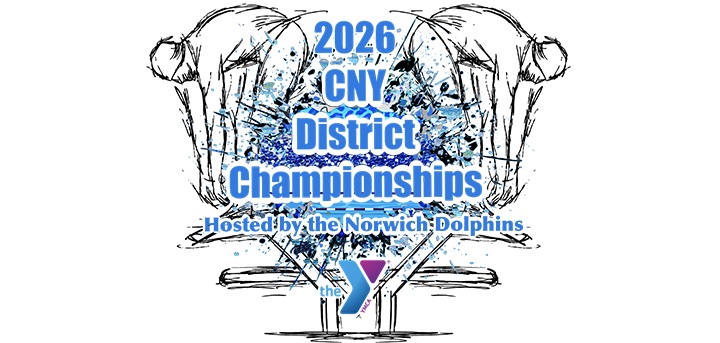Beware of good friends bearing gifts
Are we all suckers?
Like most Americans, we grumble at the size of our tax bills, but we pay them. Now, it turns out, some of Barack Obama’s pals don’t feel that same obligation.
Tom Daschle lost his chance to be secretary of Health and Human Services after failing to pay more than $140,000 in back taxes. Nancy Killefer, the president’s pick to oversee government efficiency, also stumbled over a tax problem. And 34 senators voted against Treasury Secretary Timothy Geithner because he neglected to pay his full bill to Uncle Sam.
These cases raise some obvious questions: Is that all? Who else in Washington didn’t pay taxes and didn’t get caught? Why should the thin cats pony up when those fat cats don’t? (And what about Bernie Madoff? And those Wall Street hotshots who floated away on golden parachutes as their companies were crashing?)
Look, we know that honest mistakes can happen. We also know that government bureaucracies can be extremely frustrating. Years ago, we were badgered by the state of California to cough up annual income taxes long after we had moved away.
It might even be true that Daschle’s mistakes were “completely inadvertent,” as he claimed. He failed to pay income taxes on a car and driver worth $255,000 over three years because he thought the perk was a “gift from a good friend.”










Comments